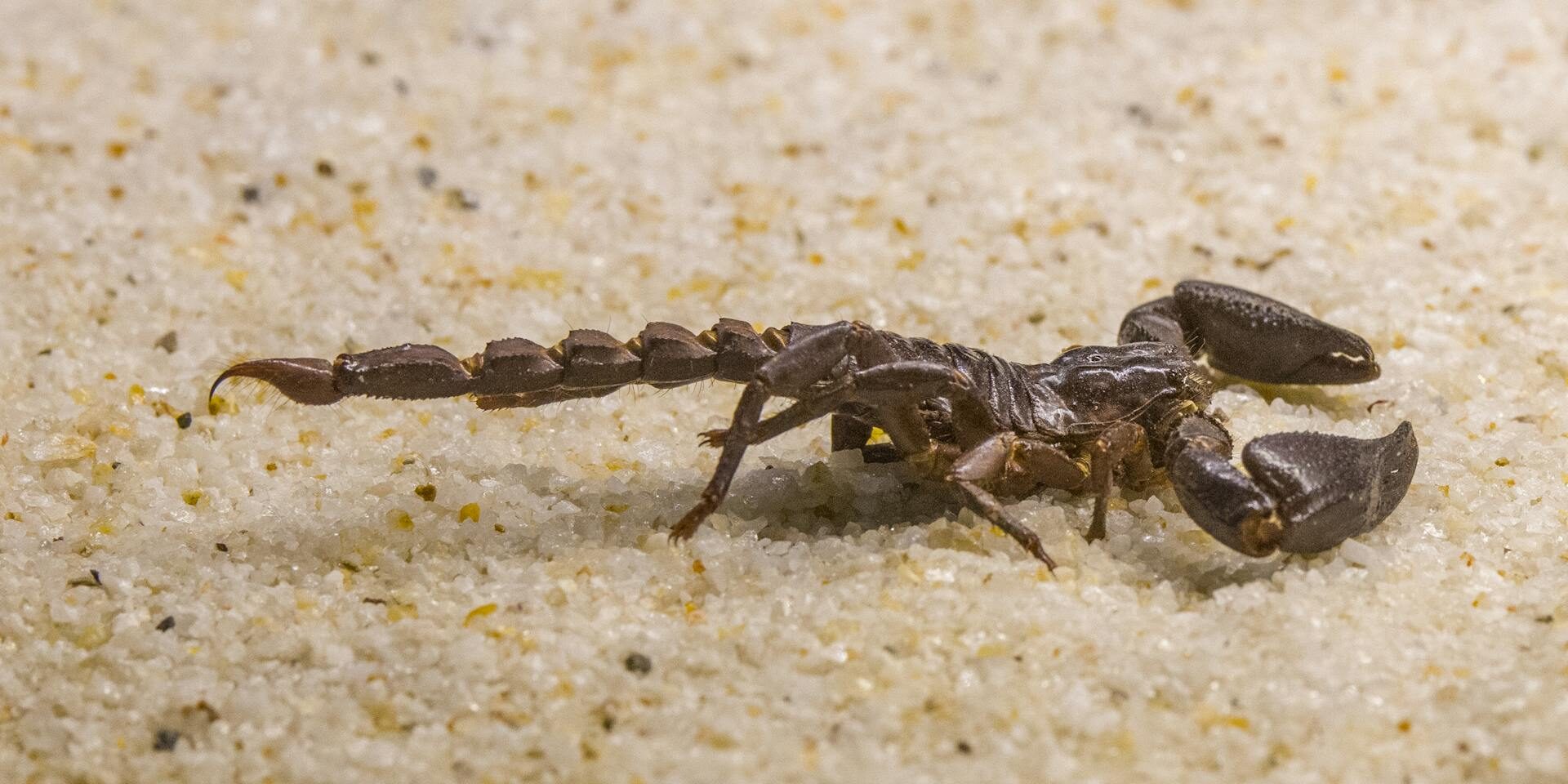Keeping Scorpions at Bay: Sealing House From Scorpions
With their menacing appearance and venomous sting, scorpions often fear homeowners’ hearts, especially in regions where these arachnids are prevalent. While they play a crucial role in the ecosystem, their presence inside your home can cause concern. However, you can fortify your home against these unwanted guests with a few preventive measures and effective house-sealing techniques.
Understanding Scorpions:
Before delving into sealing methods, it’s essential to understand scorpions’ behavior. Nocturnal creatures seek shelter in dark, calm, and damp areas during the day. Common hiding spots include cracks in walls, gaps under doors, vents, or any openings that allow access into homes.
Sealing House From Scorpions:
1. Inspect and Seal Cracks: Conduct a thorough inspection of your home’s exterior, paying close attention to areas around windows, doors, foundations, and utility entry points. Seal cracks or gaps using caulking or weather stripping to prevent scorpions from entering.
2. Install Door Sweeps: Attaching door sweeps to the base of exterior doors can significantly hinder scorpions from crawling indoors. These seals prevent gaps at the bottom of doors, which are common entry points.
3. Screen Vent Openings: Ensure that vents and openings in attics, basements, and crawl spaces are covered with fine mesh screens. It prevents scorpions from entering through these routes while allowing adequate airflow.
4. Fix Leaks: Scorpions are attracted to moisture. Repairing leaks in pipes, faucets, and air conditioning units reduces humidity, making your home less appealing to these arachnids.
Maintaining a Tidy Environment:
1. Decluttering: Reduce clutter to keep your living spaces tidy. Piles of clothes, newspapers, or boxes serve as ideal hiding spots for scorpions. Clean and organize your home regularly to eliminate potential habitats.
2. Landscaping and Yard Maintenance: Trim vegetation and bushes away from the house, as overgrown plants near walls create bridges for scorpions to enter. Additionally, debris or wood piles should be removed from around the property.
3. Limit Outdoor Light: Insects are attracted to light, attracting scorpions looking for prey. Using yellow sodium vapor lights instead of white lights can help reduce the number of insects, thereby minimizing the scorpions’ food source.
Additional Tips:
1. Check Clothing and Shoes: Inspect clothing and shoes before wearing them, especially if left outside or in storage areas.
2. Use Natural Repellents: Essential oils like cedar, lavender, or peppermint are known to repel scorpions. Spray these oils diluted in water around entry points to deter them.
3. Professional Assistance: If scorpion infestations persist despite your efforts, consider seeking professional pest control services. They can provide targeted treatments to eradicate the problem effectively.
Conclusion:
Protecting your house from scorpions requires a proactive approach that involves sealing entry points, maintaining cleanliness, and implementing preventative measures. By taking these steps, you can create an environment that is less inviting to scorpions, allowing you and your family to live comfortably and worry-free within your home.



















